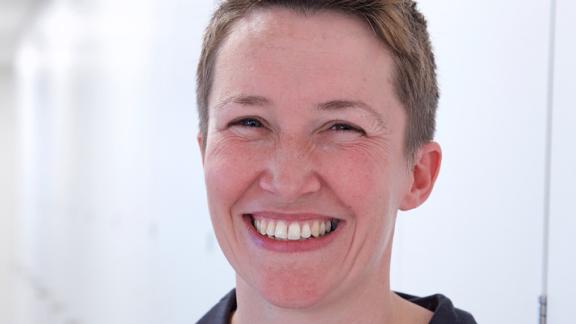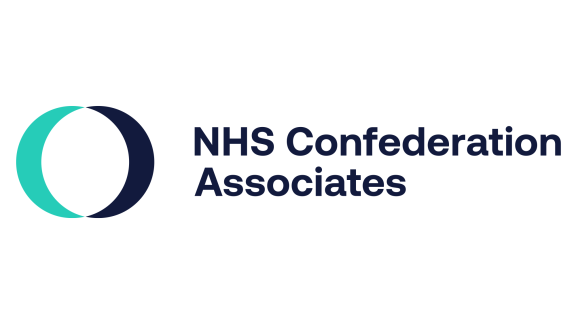Increased CQC fees for ICBs threaten drive to improve care

This article was first published in HSJ on 20 December 2023.
The Care Quality Commission has been working closely with integrated care boards, local authorities and patient groups to develop their new integrated care systems assessment regime. ICS leaders are supportive in principle of the regulator’s ICS assessment role, which spans health and social care and welcome the opportunity to benefit from external insight to inform system-wide improvement.
ICS leaders involved in the CQC’s ICS assessment pilots so far have found it a useful experience and the process has helped to pull system partners together.
In October, the CQC confirmed the Department of Health and Social Care had instructed it to launch a consultation on an ICB annual fee for these assessments. This was calculated against the CQC’s anticipated annual regulatory costs of £5.5 million.
These are significant costs, and ICS leaders – including those involved in the pilot work – have expressed their concern that the size, scope and approach proposed for ICS assessment fails to reflect ICSs’ distinct role and risks missing an opportunity to achieve greater impact and add value.
In a context where NHS England has been asked to reduce its spend by 40 per cent and ICBs are seeing a 30 per cent reduction to their running costs and struggling to balance budgets in the face of rising demand, the approach proposed by the CQC means that many ICBs will be forced to make far-reaching cuts.
The approach proposed by the CQC means that many ICBs will be forced to make far-reaching cuts
By further reducing ICSs’ capacity to lead change, this upheaval could have direct implications for patients, slowing down the pace of improvement in key services such as dentistry. To ensure system assessments add value and help improve care quality, ICS leaders are urging the CQC to consider two alternatives.
First, the regulator should explore how it could shift its assessment model further towards peer assessment. It has already used the expertise of ICB leaders as specialist advisers and executive reviewers during pilot assessments – an approach welcomed by all and seen by those involved as a valuable experience.
In the words of one ICS leader involved in a pilot system inspection, “If we all embrace it, agree to invest our own and senior team members’ time and then focus on peer review, learning and improvement we could end up with a process that adds real value.”
ICS leaders would like to see a further shift away from the CQC’s traditional ‘boots on the ground’ provider inspection to one which better harnesses data and peer review to drive improvement. Greater use of peer review could have the dual benefit of reducing the CQC’s regulatory costs and helping ensure assessments can lead to broader two-way learning and improvement for those involved as peers.
...we believe that the government should cover the cost of the assessment regime they introduced
The CQC could continue to have a core role assuring the peer assessment process and ensuring that it provides robust challenge.
Second, we believe that the government should cover the cost of the assessment regime they introduced. Ideally the CQC’s regulatory costs would be paid for directly by the DHSC to reduce the transactional costs of 42 annual payments. A similar approach was taken for local system reviews in 2018 and we understand is being considered for the payment of local authority assessments.
ICS leaders are clear that the CQC should not rush into the wider rollout of ICS assessments without clarifying where they add value for money on top of existing inspections of NHS and social care providers and the oversight work of NHSE.
Otherwise, it risks duplicating existing regulation and increasing costs without adding value for patients and taxpayers. The NHS Confederation’s ICS Network urges the CQC to re-look at the ICS assessment process and consider the opportunity for developing a more peer-based approach which provides value for all involved.
Sarah Walter is director of the NHS Confederation’s ICS Network. You can follow Sarah on X (formerly Twitter) @sarahjwalter



